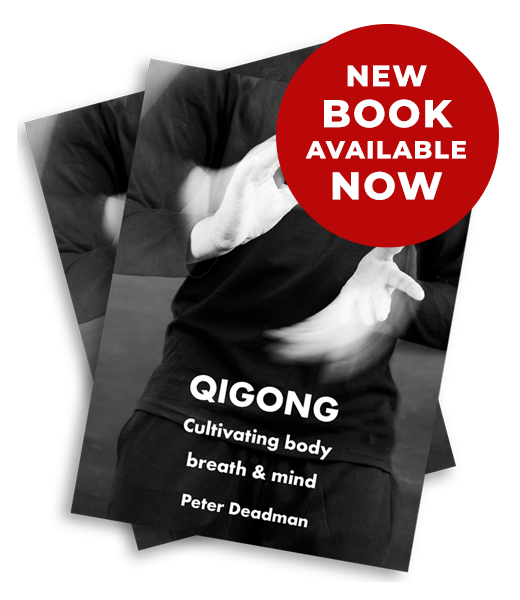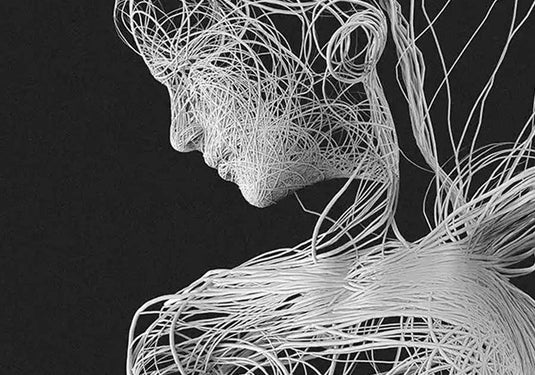Once we understand that our lifestyle and behaviour have a big impact on our health and wellbeing, it’s easy to slip into thinking they are the only factors.
This can have negative consequences since we can then start casting blame when illness develops, even if it’s unrelated to anything that we or others do or fail to do.
So it’s helpful to be reminded of two other major factors that affect our chances of being well and leading a long healthy life – our inherited constitution and the good or bad fortune we encounter.
As far as constitution is concerned this was recognised up to 2500 years ago in Chinese medicine.
It was understood that people could be born with innately strong or weak constitutions and this would affect their physical and emotional resilience, resistance to disease, stamina and longevity. Constitutional vigour could be recognised by a number of signs but one of the most important was the longevity of one’s parents and grandparents.
This has been confirmed by a slew of research conducted over the past hundred years or so.
This blog, in fact, is triggered by a new finding presented at a US conference of Clinical Endocrinologists – that cardiovascular disease (the world’s biggest killer) is lower in adults whose parents lived to at least 95 years of age. The offspring of these especially long-lived people had less high blood pressure, coronary artery disease or strokes.
Although previous studies have come up with similar results, what was special about this piece of research is that it took particular care to allow for lifestyle factors such as diet, obesity, exercise and socioeconomic status.
The second factor determining lifelong health is luck and its powerful effects cannot be underestimated. Children born to poor families, children who do not receive loving care, children who encounter war and hardship and fear – all are likely to have lives impaired or cut short by illness. And bad luck in the form of unique genetic inheritance (making us prone to specific diseases), encounters with accidents, wars, environmental toxins, economic hardship and much more – all these will impact on health and wellbeing.
The good news, however, is that what the Chinese call ‘nourishment of life’ – the cultivation of our mind and emotions, diet, exercise, sleep and more – can counter to varying degrees the disadvantages of poor constitutional inheritance and bad fortune.
The world of yoga offers an inspiring example. BKS Iyengar, who died in 2014 at the age of 96, was a sickly and weak child of a poor family. He suffered from malaria, tuberculosis, typhoid fever and malnutrition. Yet through the dedicated practice of yoga his transformed his fate and health and became one of the most famous and influential yoga teachers in the world.
[Gubbi S, et al. Abstract #747. Presented at: AACE Annual Scientific and Clinical Congress; May 3-7, 2017; Austin, Texas].




